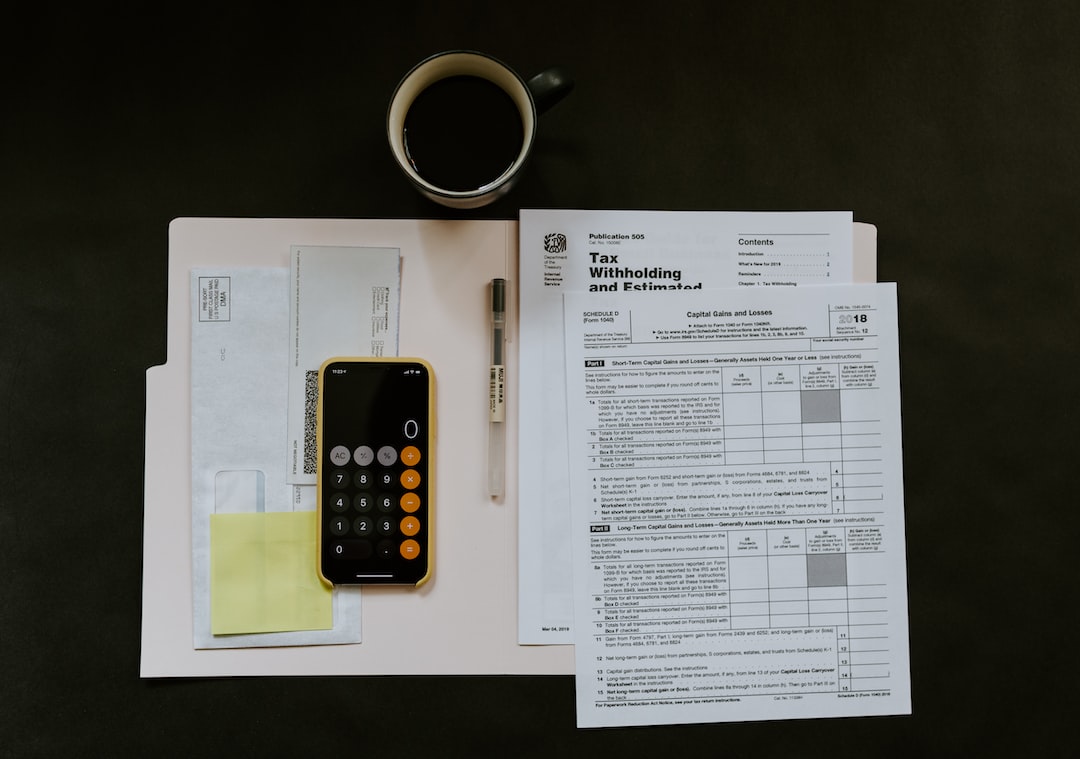The Psychological Aspect of Real Forex Trading: How to Stay Emotionally Balanced
Forex trading is a highly volatile and unpredictable market. It requires not only technical skills and knowledge but also emotional stability and discipline. The psychological aspect of real forex trading is often underestimated, but it plays a crucial role in determining a trader’s success or failure.
Emotions such as fear, greed, and impatience can cloud a trader’s judgment and lead to impulsive and irrational decisions. These emotions are natural human responses, but when it comes to forex trading, they can be detrimental. Therefore, it is essential for traders to understand and manage their emotions to stay emotionally balanced during the trading process.
One of the primary emotions that traders experience is fear. Fear of losing money, fear of missing out on profitable trades, and fear of making wrong decisions can paralyze a trader and prevent them from taking necessary risks. To overcome fear, traders should focus on developing a solid trading plan and strategy. By having a well-defined plan, traders can reduce uncertainty and make more confident decisions. It is also crucial to set realistic expectations and accept that losses are a part of the trading process. By acknowledging and embracing the possibility of losses, traders can minimize their fear and make rational decisions.
Another common emotion in forex trading is greed. Greed can push traders to take unnecessary risks and make impulsive trades in pursuit of quick profits. However, this often leads to losses. To counteract greed, traders should cultivate patience and discipline. They should avoid chasing after every trade opportunity and instead wait for high-probability setups. By staying disciplined and patient, traders can avoid the trap of greed and make more rational and profitable trades.
Impatience is another emotion that can negatively impact a trader’s performance. Forex trading requires a long-term perspective and the ability to wait for the right opportunity. Impatient traders often jump into trades prematurely, before proper analysis or confirmation. This impulsive behavior can lead to losses and missed opportunities. To overcome impatience, traders should develop a trading plan that includes specific entry and exit criteria. By sticking to their plan and waiting for the right conditions, traders can avoid impulsive and hasty decisions.
Managing emotions in forex trading is not an easy task, but it is crucial for long-term success. One effective technique to stay emotionally balanced is to practice mindfulness and self-awareness. By being aware of their emotions, traders can identify when they are becoming fearful, greedy, or impatient. Once identified, they can take a step back, analyze the situation objectively, and make more rational decisions. Mindfulness techniques, such as deep breathing and meditation, can also help traders stay calm and focused during stressful trading situations.
Moreover, traders should avoid making emotional decisions based on short-term market fluctuations. Forex trading is a long-term game, and individual trades should be seen as part of a larger strategy. By focusing on the bigger picture and not getting caught up in short-term market movements, traders can stay emotionally balanced and make decisions based on logic and analysis rather than emotions.
Lastly, seeking support from other traders or joining trading communities can be beneficial for staying emotionally balanced. Interacting with like-minded individuals who understand the challenges of forex trading can provide emotional support and help traders gain different perspectives. Sharing experiences and learning from others can also help traders develop a more rational and disciplined mindset.
In conclusion, the psychological aspect of real forex trading is often overlooked but is critical for success. Fear, greed, and impatience are common emotions that can cloud a trader’s judgment and lead to poor decision-making. To stay emotionally balanced, traders should develop a solid trading plan, cultivate patience and discipline, practice mindfulness, and seek support from other traders. By managing their emotions effectively, traders can make rational decisions and increase their chances of long-term success in the forex market.






